World / Environment
1/ 2017 was the second worst year on record for tropical forests. 2016 was the worst. The world’s tropical forests lost roughly 39 million acres of trees last year — an area the size of Bangladesh. Every minute of every day over the last two years, a tract the size of 40 football fields was clear-cut or burned to increase production of soy (mostly for meat), cattle, palm oil, and wood. Despite efforts to reduce tropical deforestation, tree cover loss has nearly doubled over the past 15 years. Deforestation is itself a major driver of climate change. Emissions from tropical forest loss, including below-ground biomass and drainage of peat forests, added about 7.5 billion metric tons of carbon dioxide to the atmosphere in 2017. Global deforestation is on an upward trend, jeopardising efforts to tackle climate change and the massive decline in wildlife. (The Guardian / Vox / New York Times / World Resources Institute)
Australia / Environment
2/ Ecosystems across Australia are collapsing under climate change. Australia has seen an unprecedented number of widespread, catastrophic transformations in response to extreme weather events. (The Conversation)
Europe / Plastics
3/ The European Commission’s proposal to restrict the use of disposable plastic products will be treated as a matter of priority by the EU Council and European Parliament. (Ends Europe)
UK / Environment
4/ The UK is not on course to meets its own targets for cutting greenhouse gas emissions in the 2020s and 2030s, a group of MPs have said. (New Scientist)
World / Environment
5/ Antarctica has lost 2.71 trillion tons of ice. All the ice that melted at the South Pole in the past 25 years, visualized with swimming pools. (Vox)
Australia / Environment
6/ The Senate has launched an inquiry into Australia’s threatened species crisis after an investigation of national threatened species management by Guardian Australia revealed problems including poor monitoring and a lack of funding. Australia has recorded the highest rate of mammalian extinction of any country over the past 200 years. (The Guardian)
World / Environment
7/ Conservation scientists believe our current mass extinction crisis requires a far more ambitious agreement, in the style of the Paris Climate Accord. And they argue that the bill shouldn’t be handed just to nation states, but corporations too. (The Guardian)
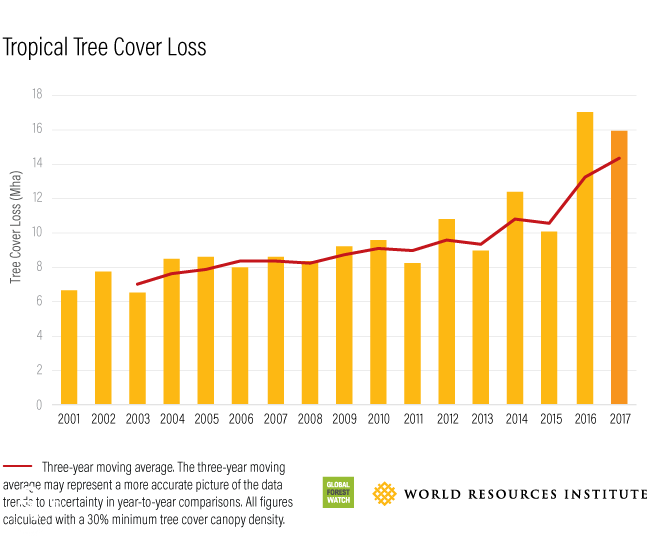
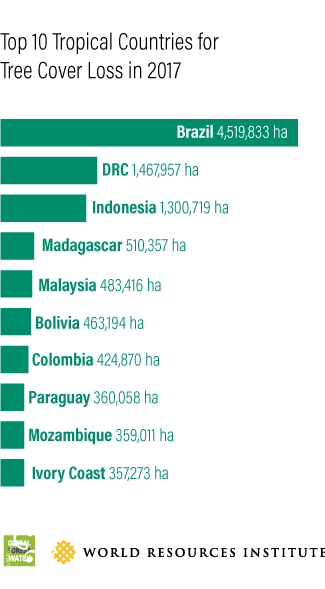
The good news
Indonesia / Plastics
8/ Could seaweed solve Indonesia’s plastic crisis? Indonesia is also the world’s biggest producer of red seaweed, a variety that’s ideal for creating bio-plastics and packaging. (The Guardian)
Australia / Plastics
9/ Senate inquiry recommends all single-use plastics be banned. A Senate inquiry into Australia’s recycling crisis has recommended that all single – use plastics – which could potentially include takeaway containers, chip packets and coffee cups with plastic linings – be banned by 2023. (The Guardian)
Norway / Environment
10/ Norway pledges £12m to global fight against forest crime. Money will be spent on expanding an Interpol taskforce dedicated to investigating the gangs driving illegal deforestation. (The Guardian)
Belize / Oceans
11/ In rare good news for coral, the Belize Barrier Reef has been removed from the United Nations list of threatened world heritage sites because it no longer faces immediate danger from development. (New York Times / Huffington Post)
Iceland / Oceans
12/ World’s first open water beluga whale sanctuary to open in Iceland. Preparations underway in Icelandic bay for arrival of two beluga whales from China. (Independent)
Colombia / Environment
13/ Colombia’s Serrania del Chiribiquete has been declared the world’s largest national park following decades of efforts by environmental experts and conservationists. (Independent)
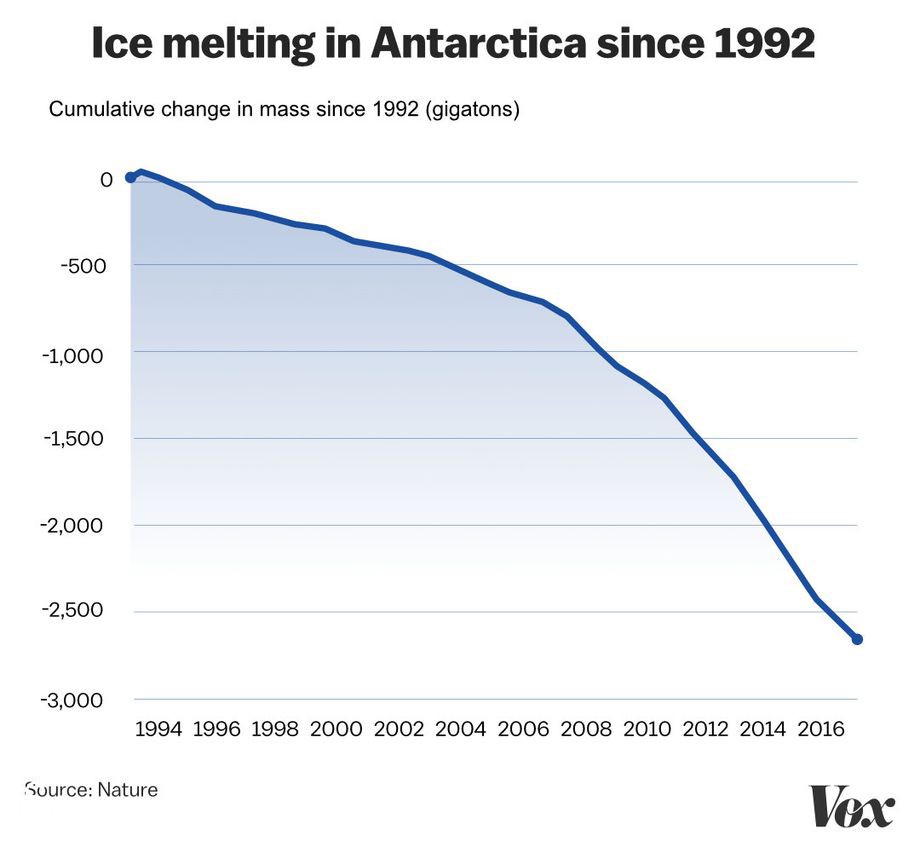
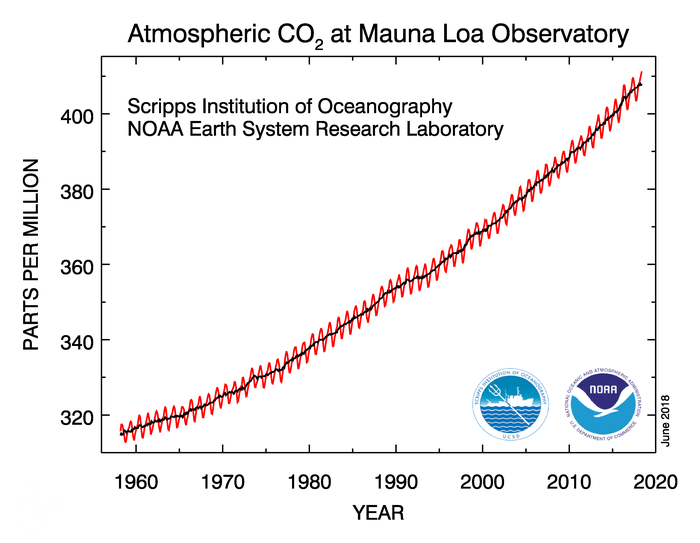
Other notables
- France’s ministry of ecological and solidarity transition has announced plans to create ‘solar cities’, test PV tiles on listed buildings and to use large unused surfaces to boost solar power in the country. (Ends Europe)
- Seven Dutch political parties, including the governing coalition, tabled on Wednesday a proposal for a 95% reduction in domestic greenhouse gas emissions by 2050, the latest sign of gathering momentum towards raising European ambitions ahead of the crucial COP24 climate talks in December. (Ends Europe)
- Hawaii is banning sunscreens that kill coral reefs. (Vox)
- Plastic-eating bacteria discovered by student could help solve global pollution crisis. (Independent)
- Germany produces enough renewable energy in six months to power country’s households for an entire year. (Independent)
- Seattle becomes the first major American city to ban plastic straws and utensils. The ban there marks a major milestone in the movement against disposable plastics. (Huffington Post)
- A federal judge has dismissed two high-profile lawsuits filed by the cities of San Francisco and Oakland against the five largest investor-owned oil companies to try to make them pay for sea walls and other measures to protect the cities from the impacts of climate change. (Vox)
- BP oil spill residue altered building blocks of ocean life, scientists say. (The Guardian)
- 2 percent of New York City’s buildings emit half its CO2 pollution; they’re luxury towers (Huffington Post)
- Almost a quarter of child deaths in sub-Saharan Africa could be prevented by improving air quality, study finds. (Independent)
Experienced sailor Emily Penn has set out with an all-female crew to investigate the world’s largest accumulation of marine plastic on the “Great Pacific Garbage Patch”, now said to be three times the size of France.
It is the potentially toxic impact of the breakdown of plastics in the ocean by seawater and sunlight that is of great concern. These tiny fragments contain chemicals which are similar to the sex hormone oestradiol and this can impact fertility in animals and humans. (BBC)
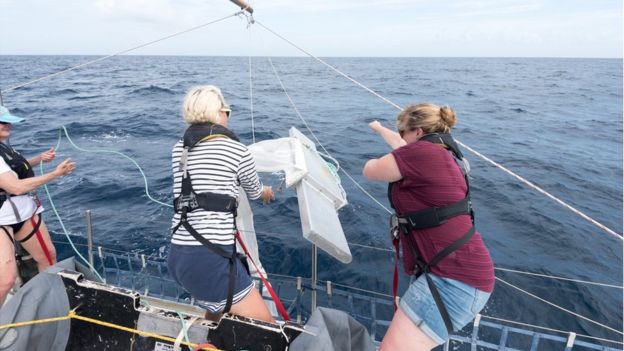
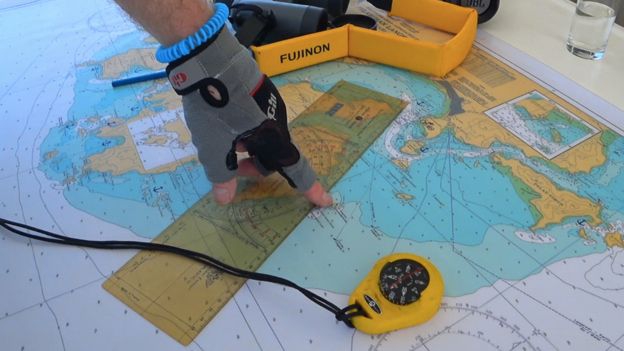
“If you opened your curtains in the morning and found that the grass was scorched, somebody had dumped a load of rubbish in your garden and animals were eating it – you’d be appalled. But that’s what’s happening in the oceans.” Sarah is a yachtswoman who lives aboard her yacht and is about to set out on a global voyage for science. (BBC)

